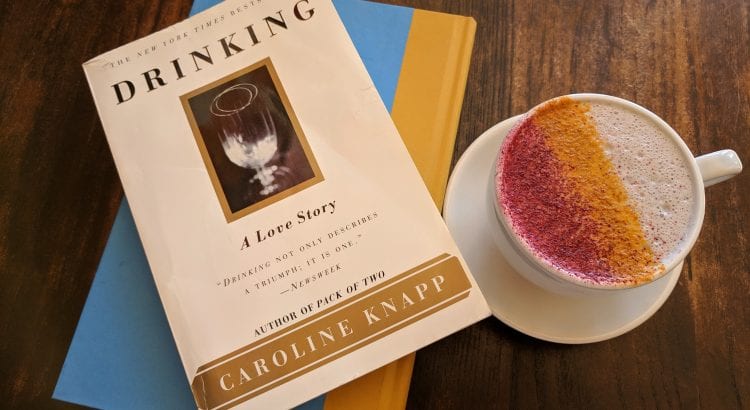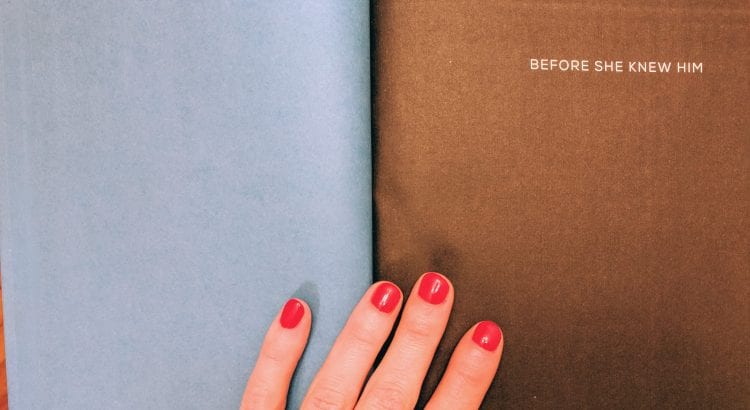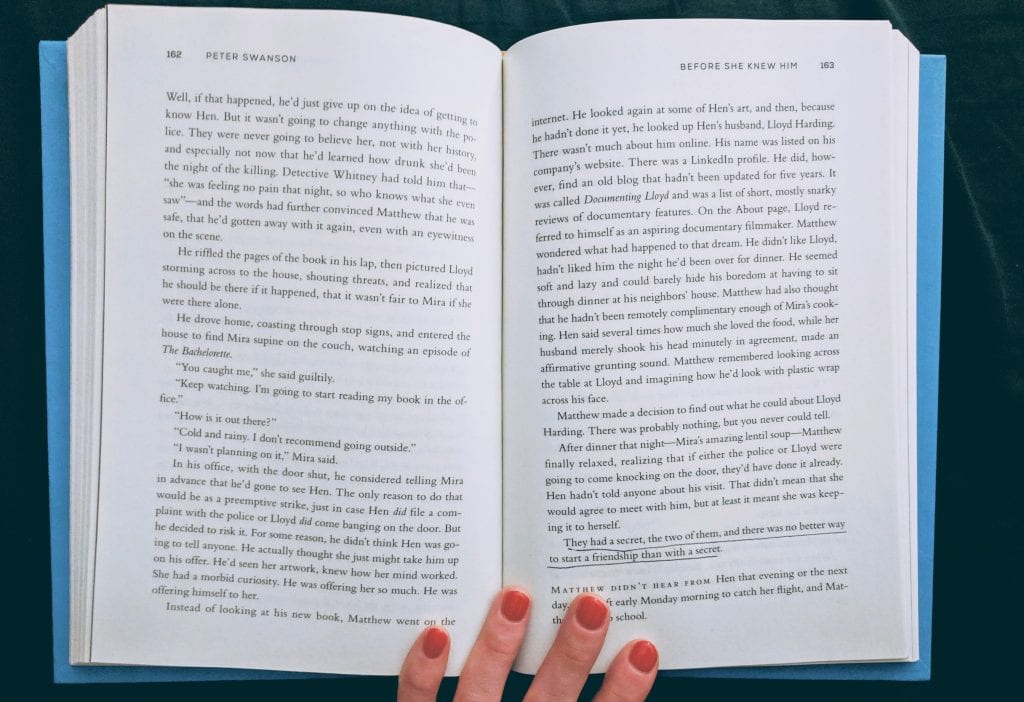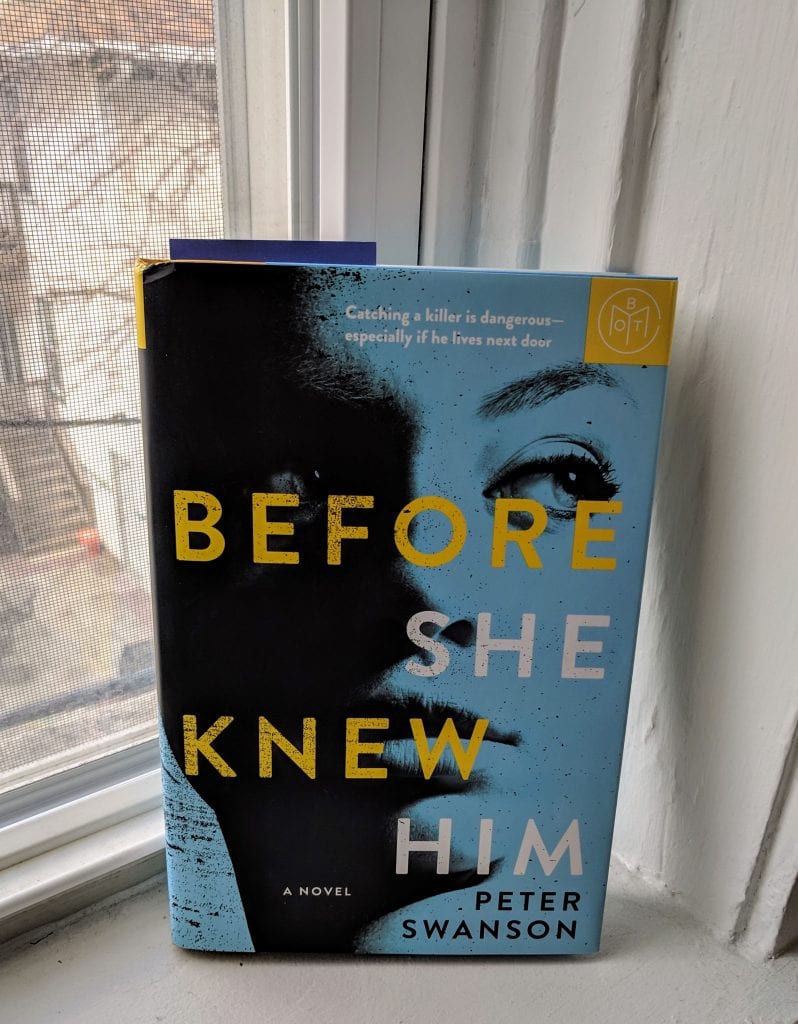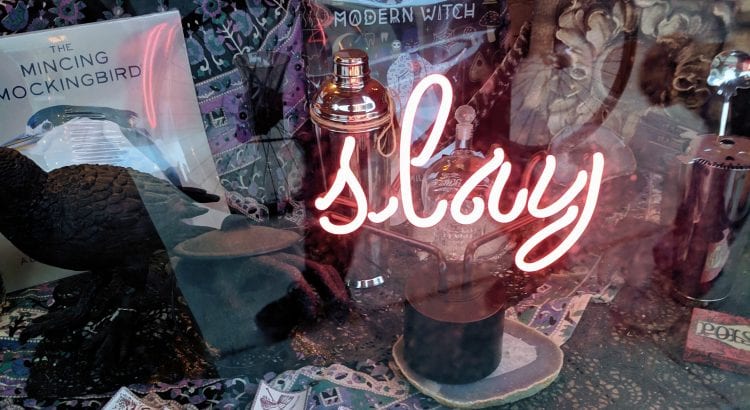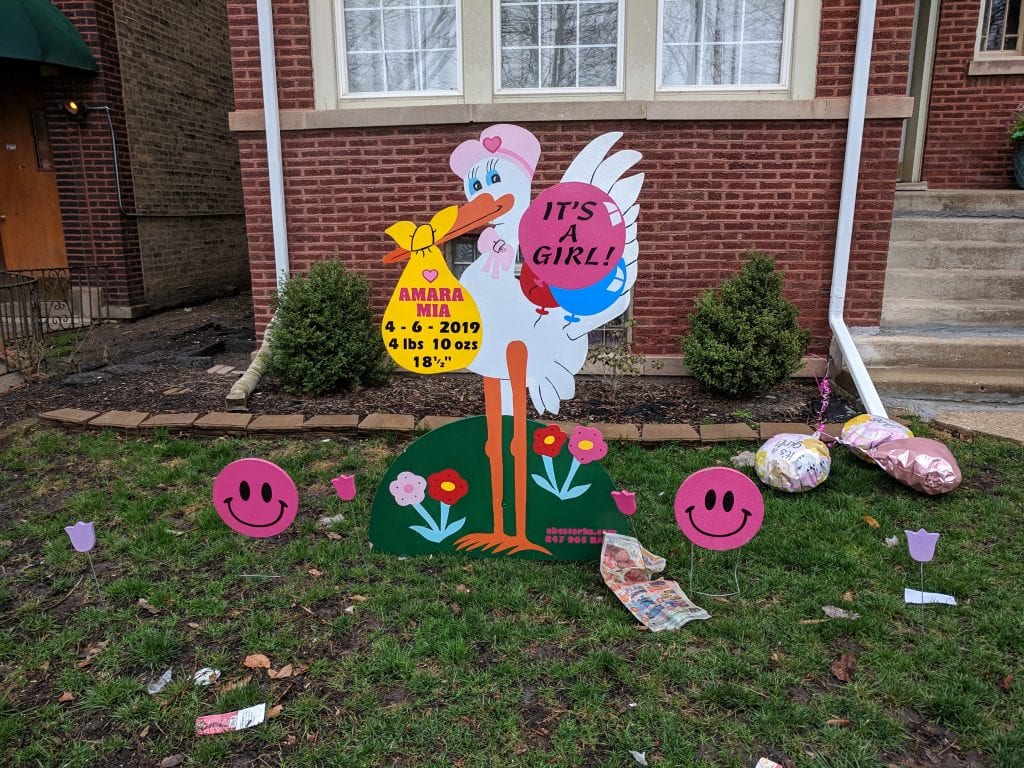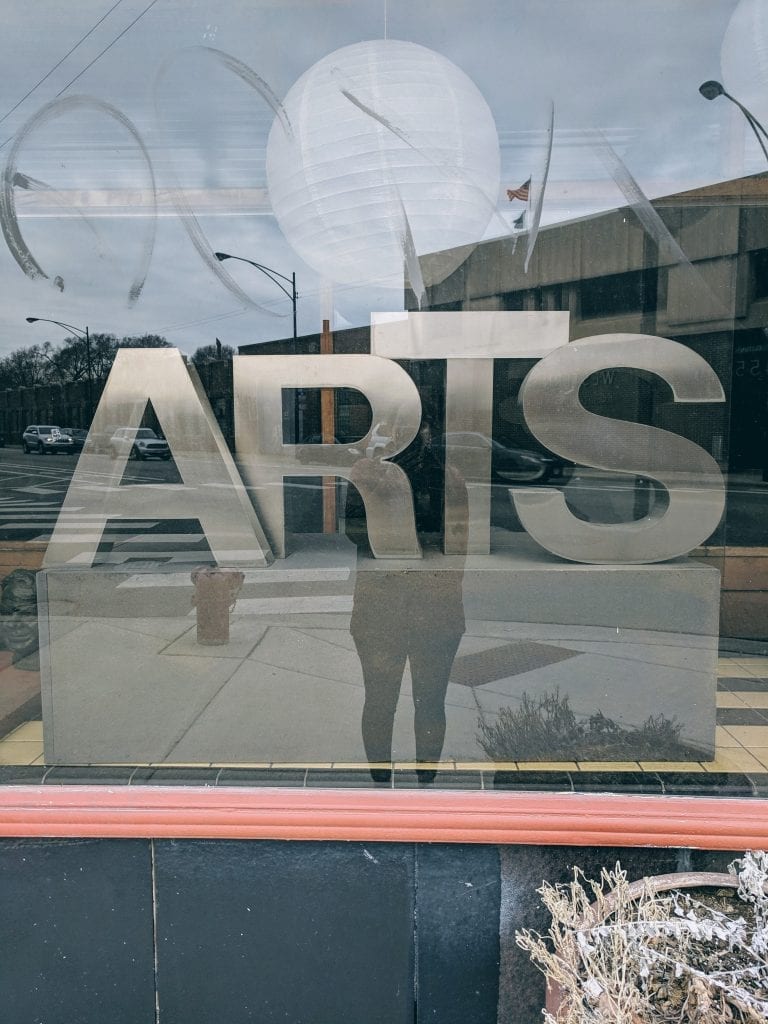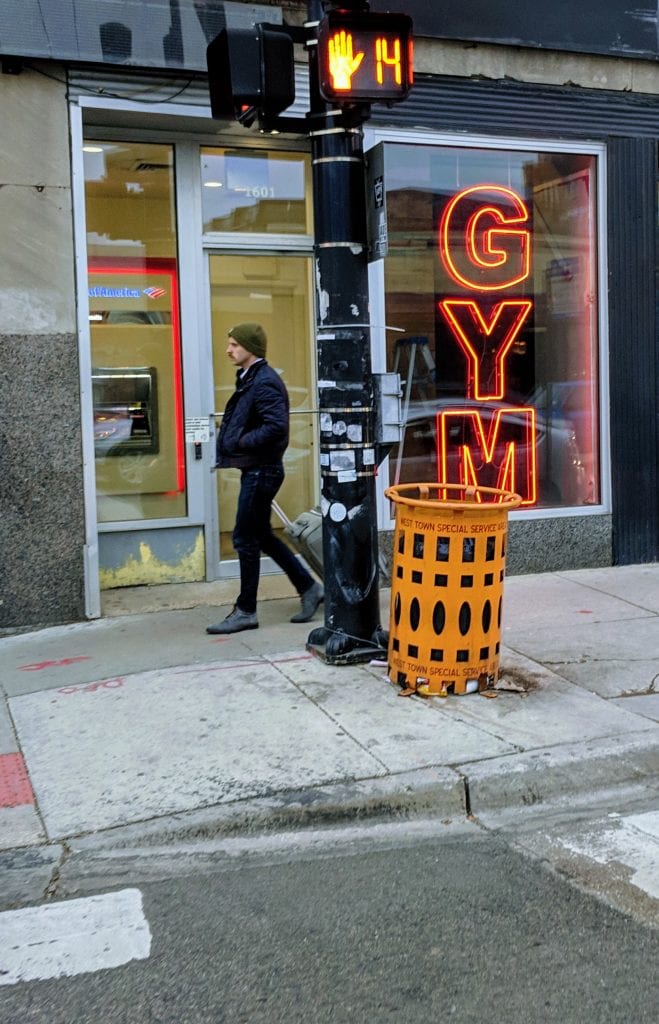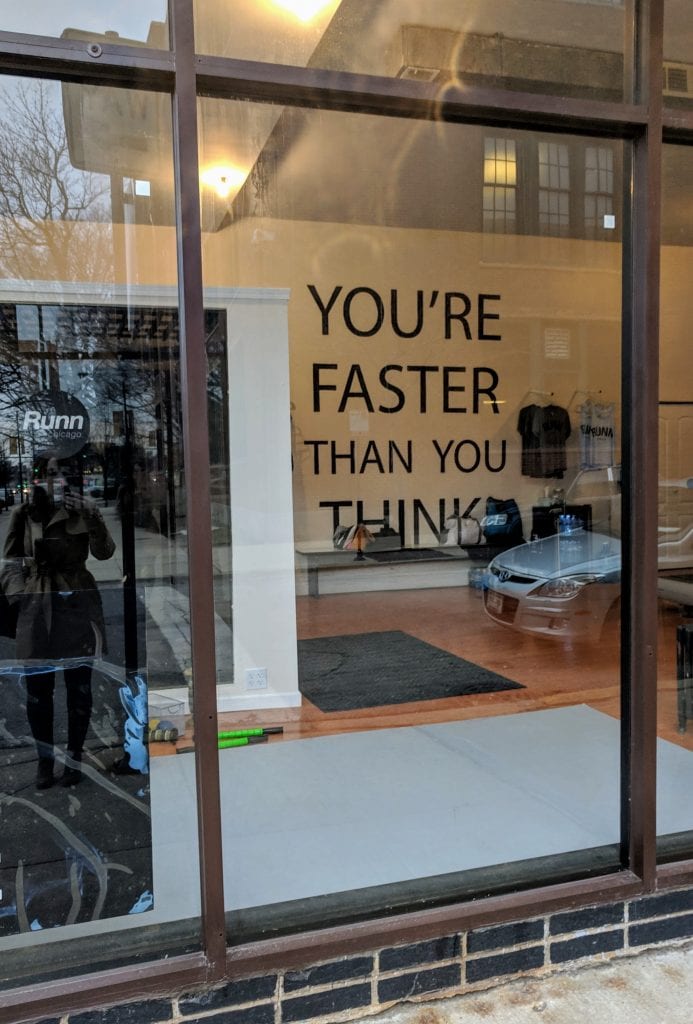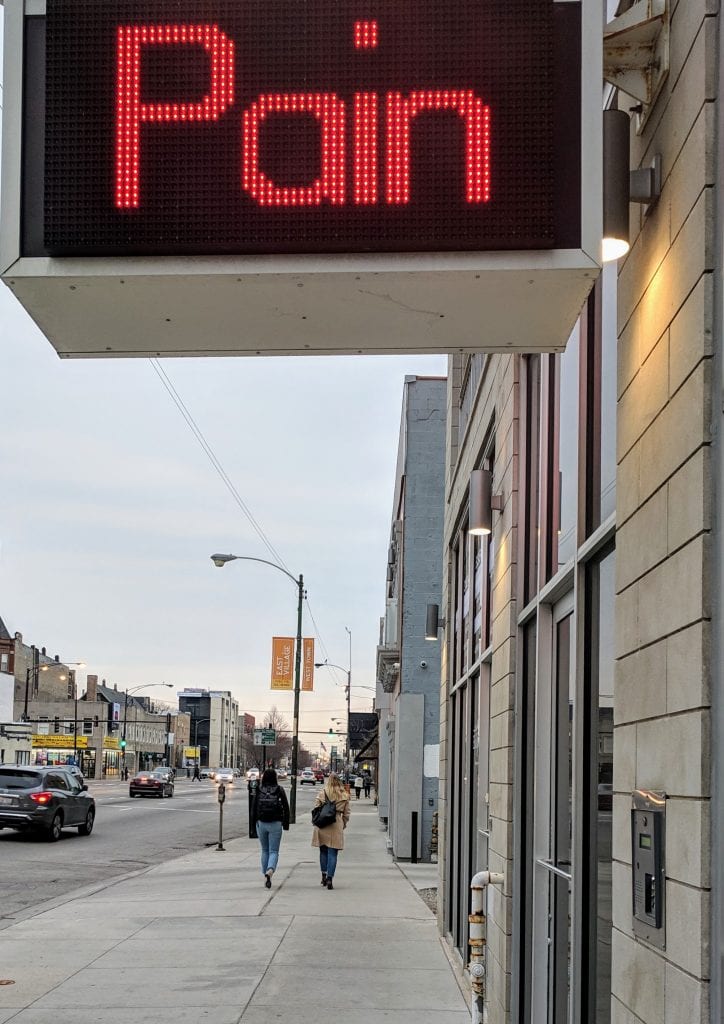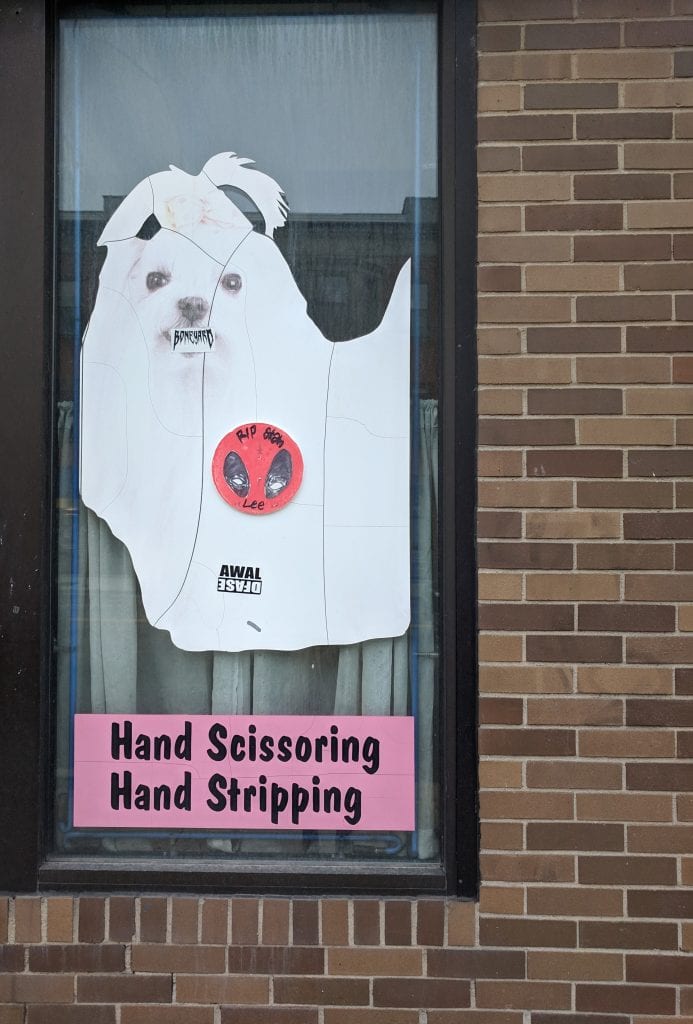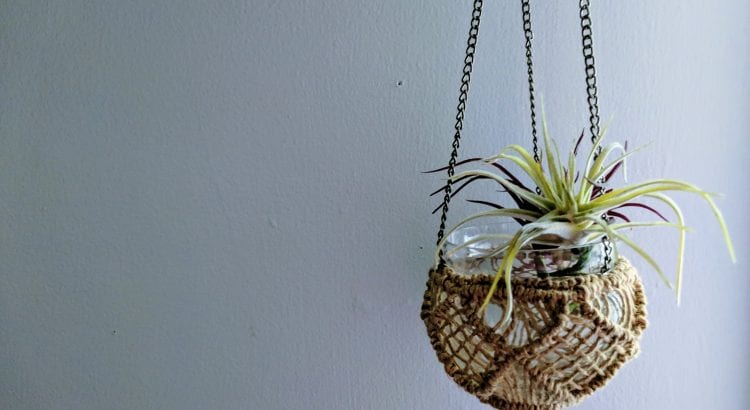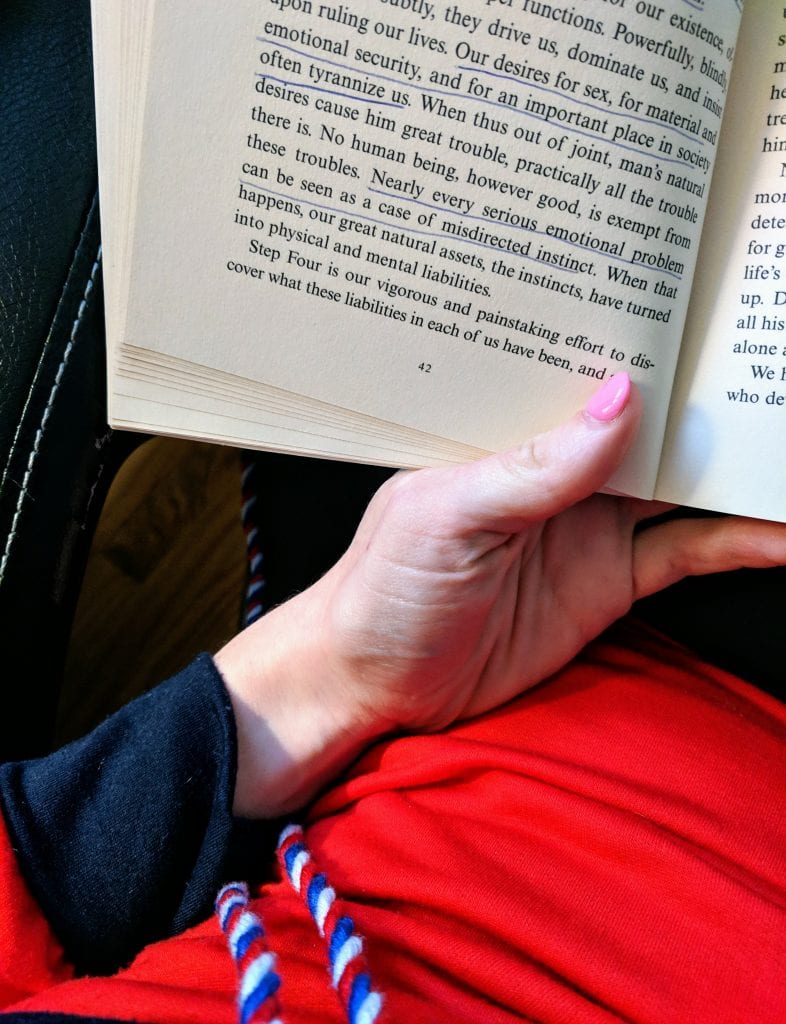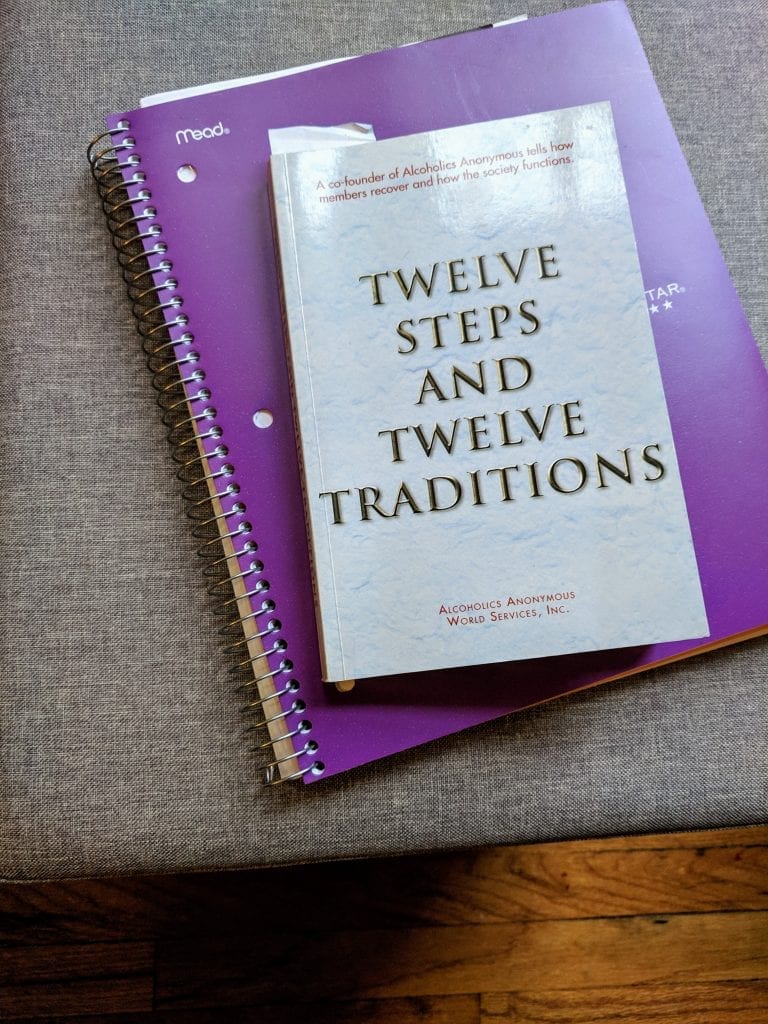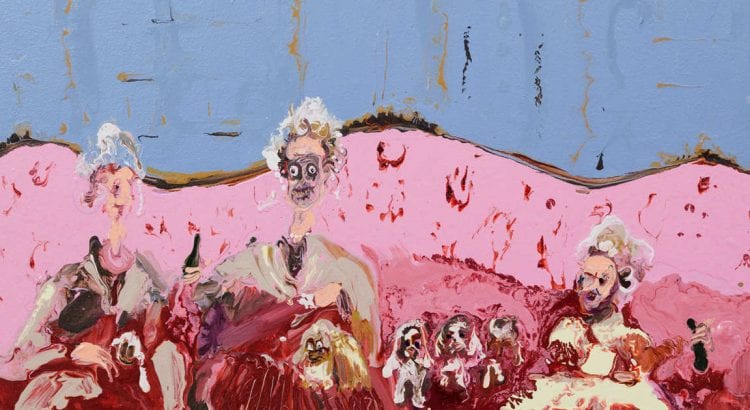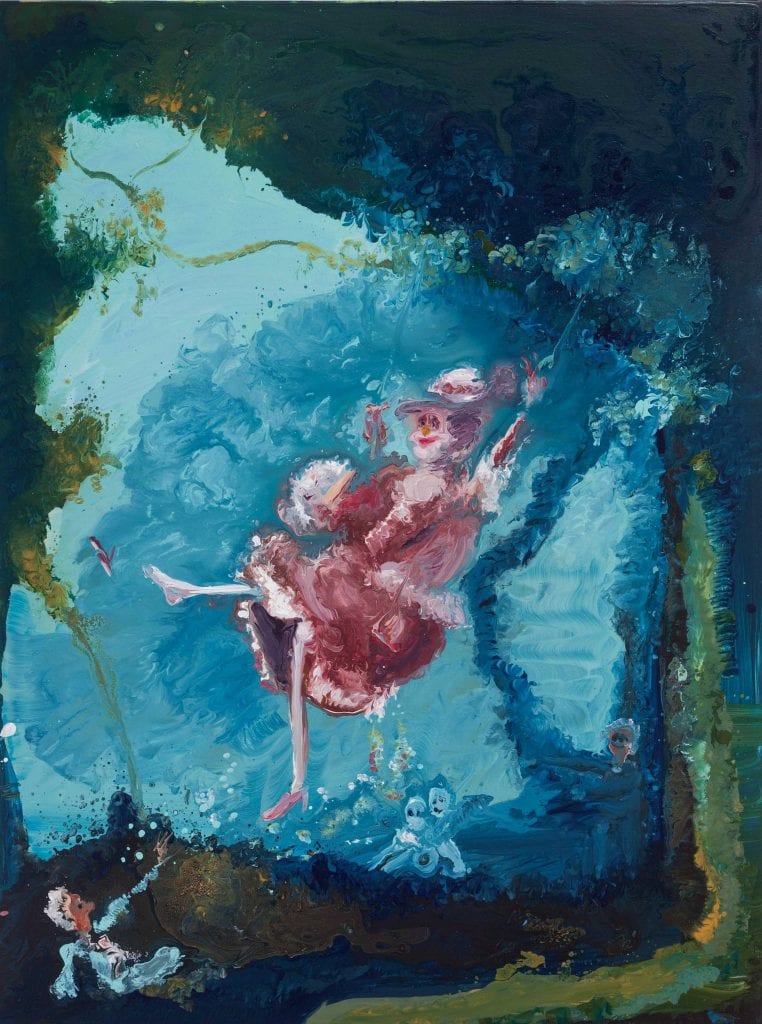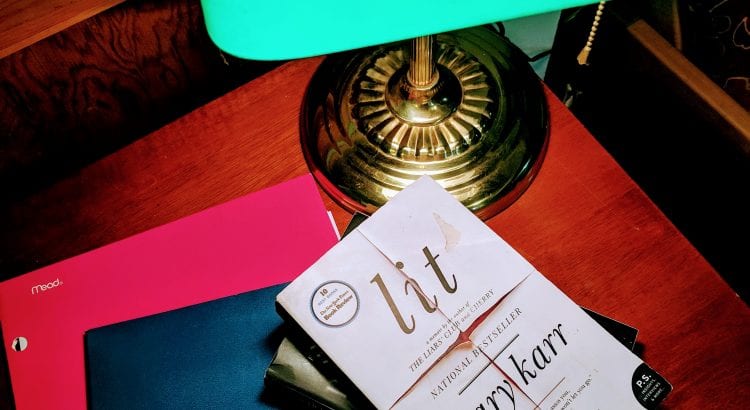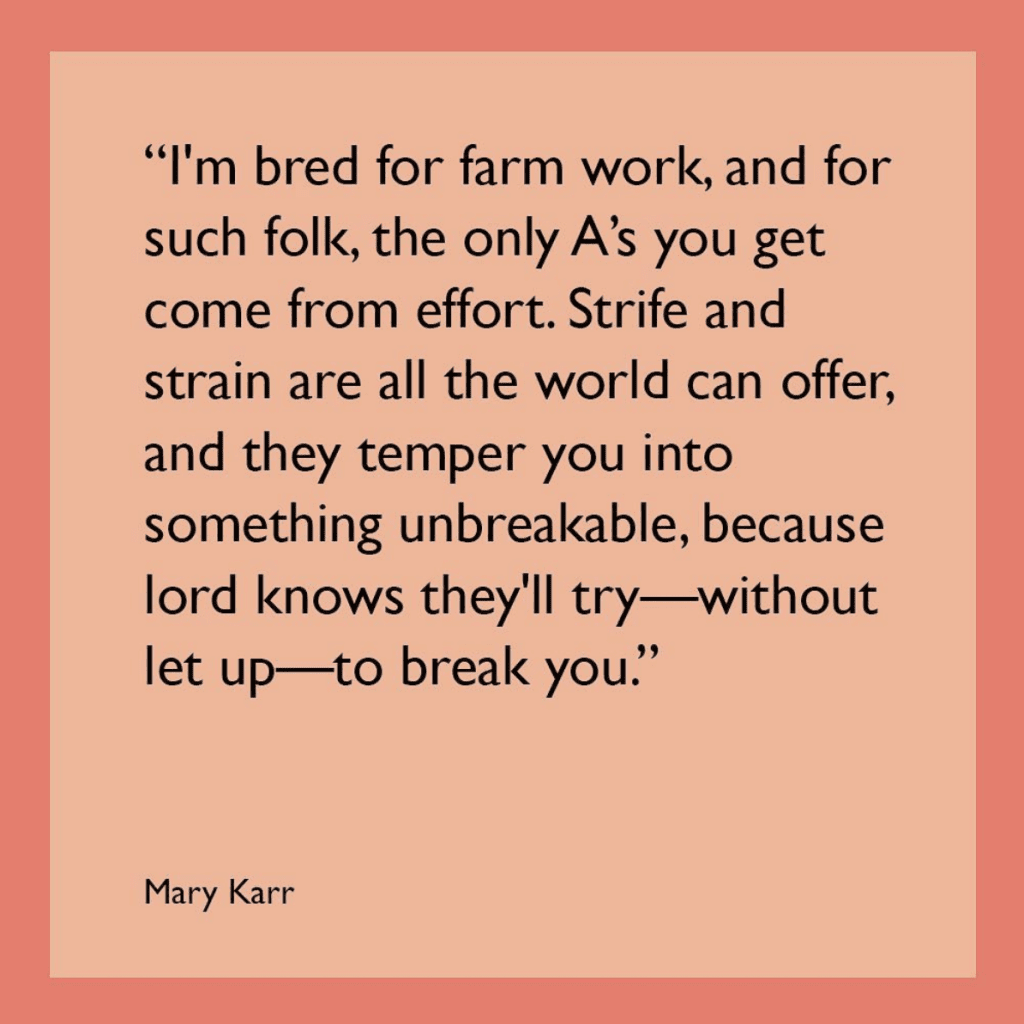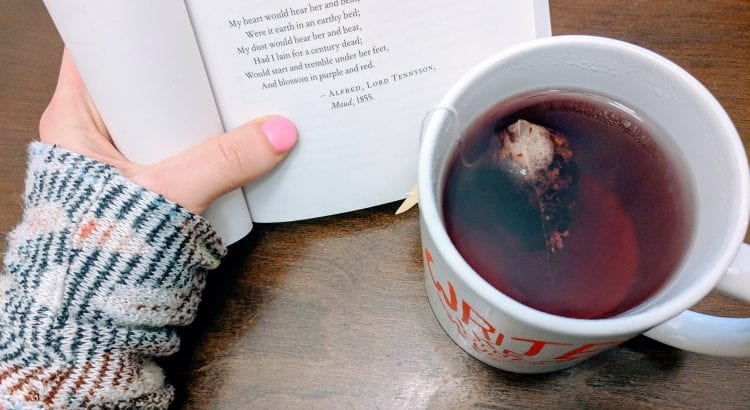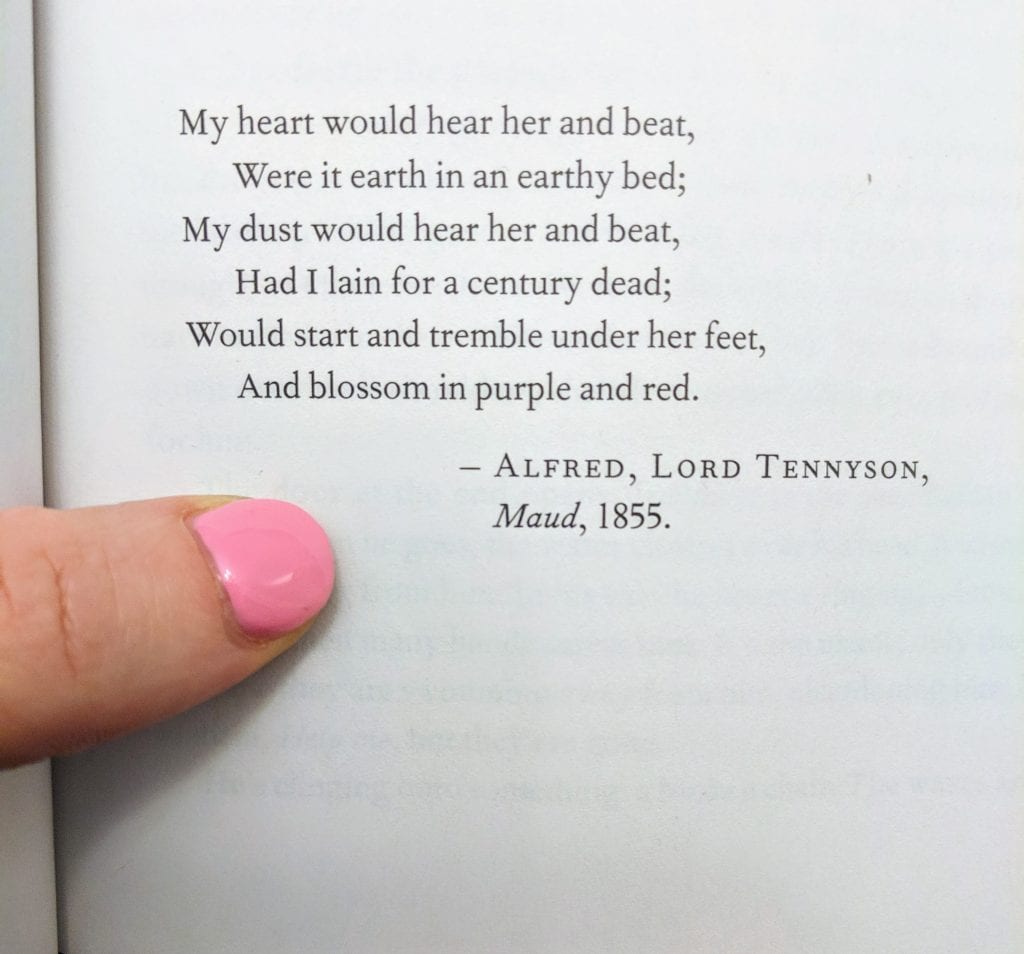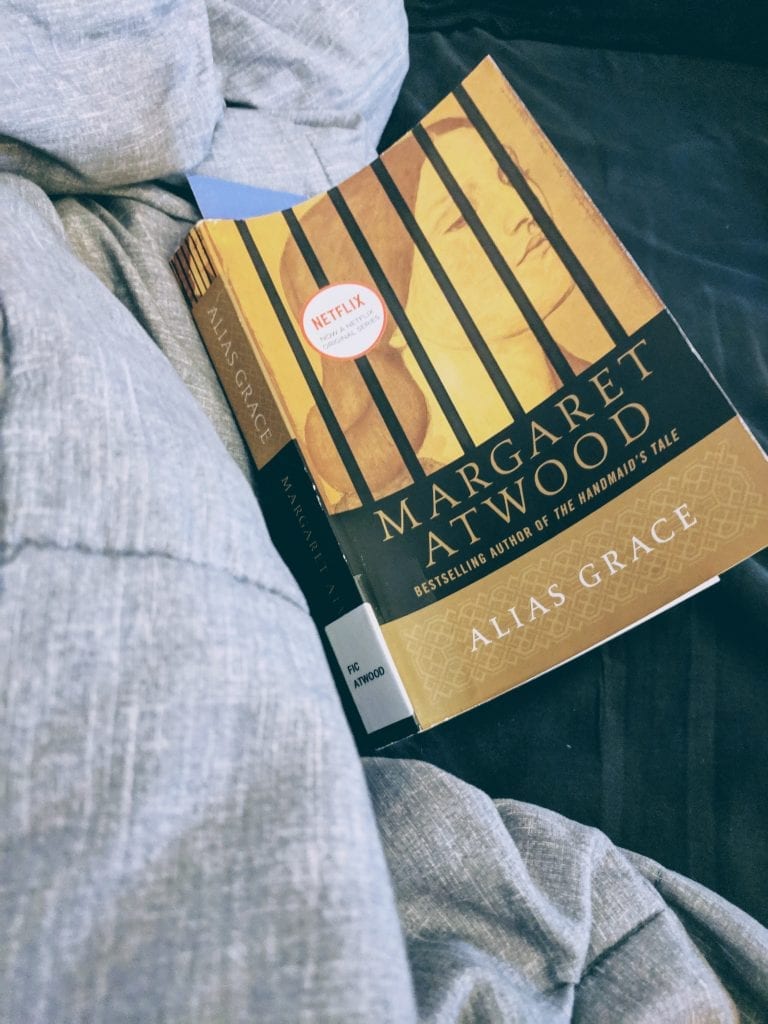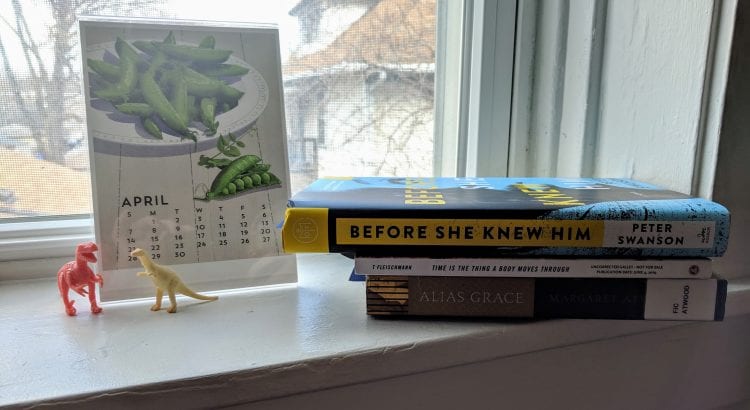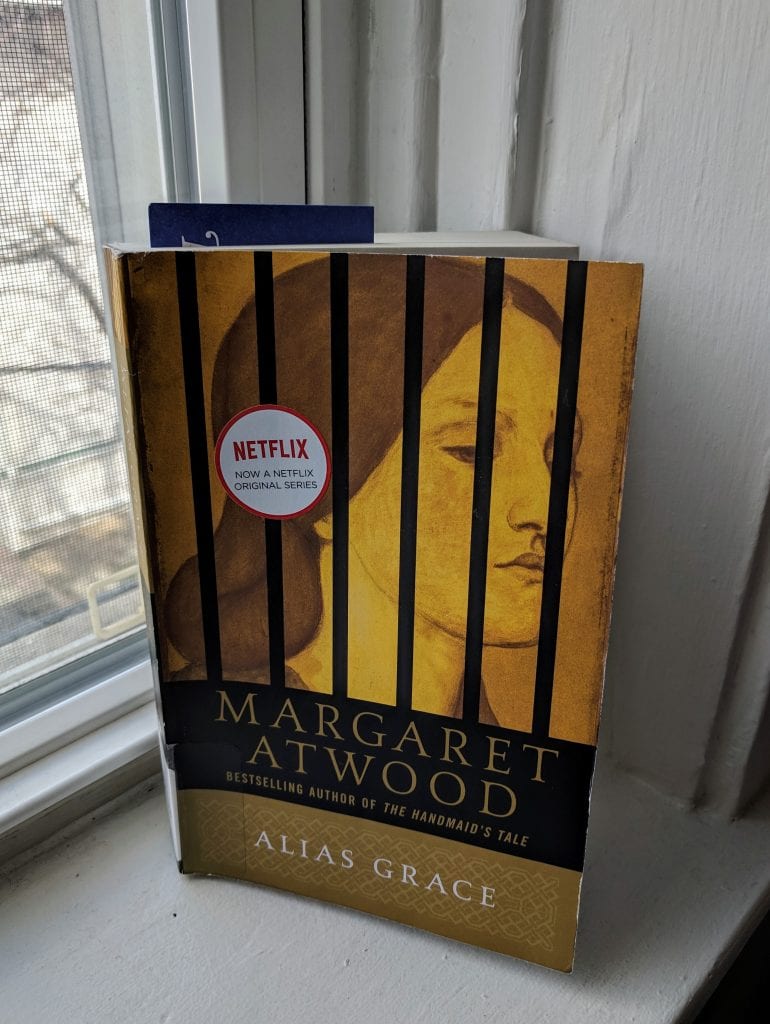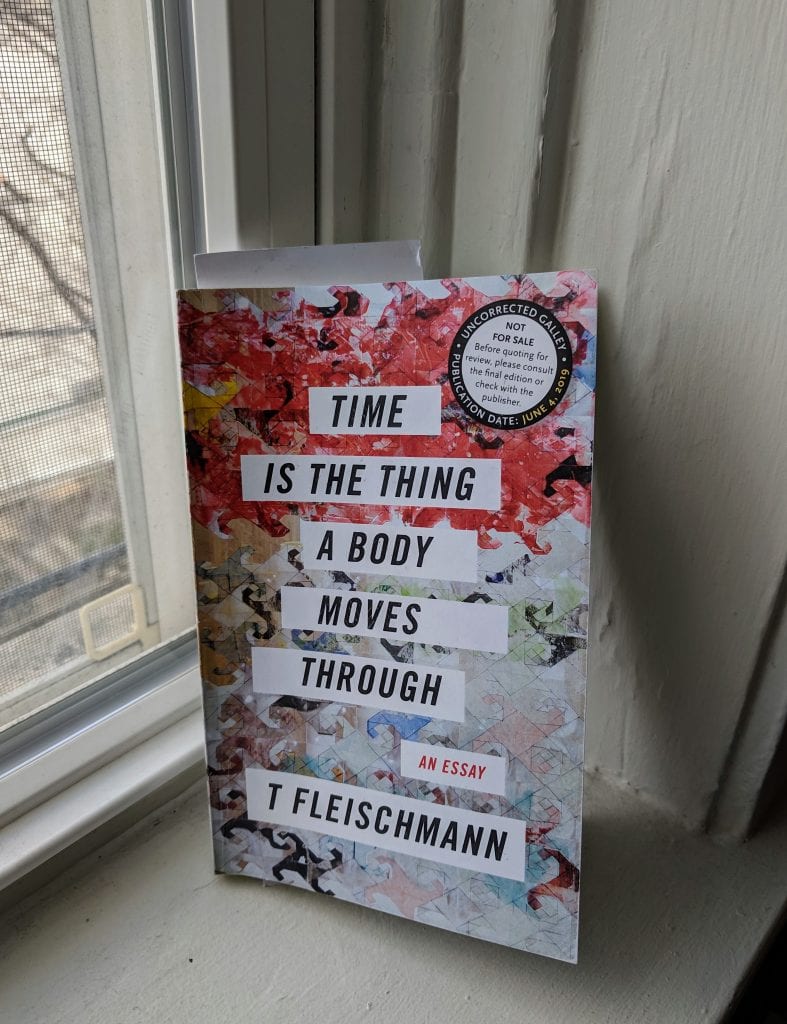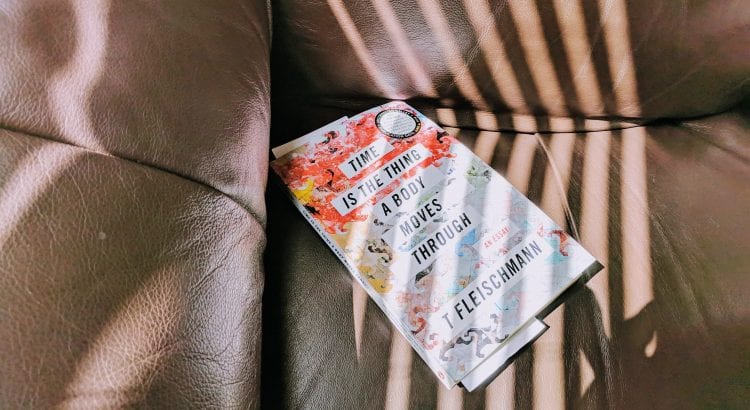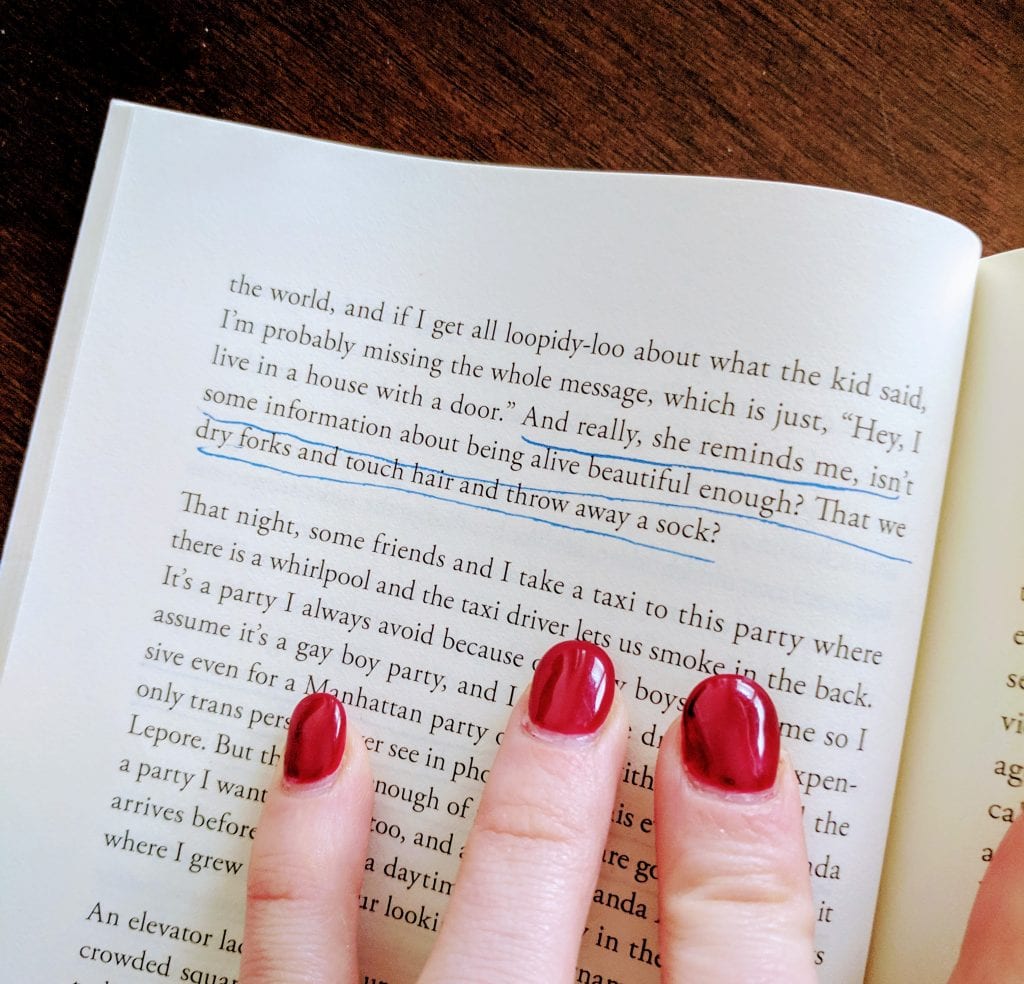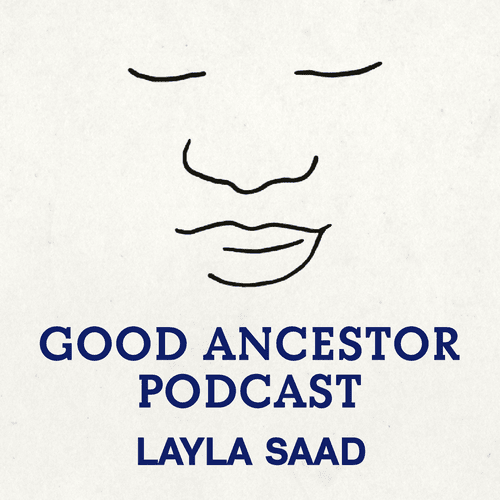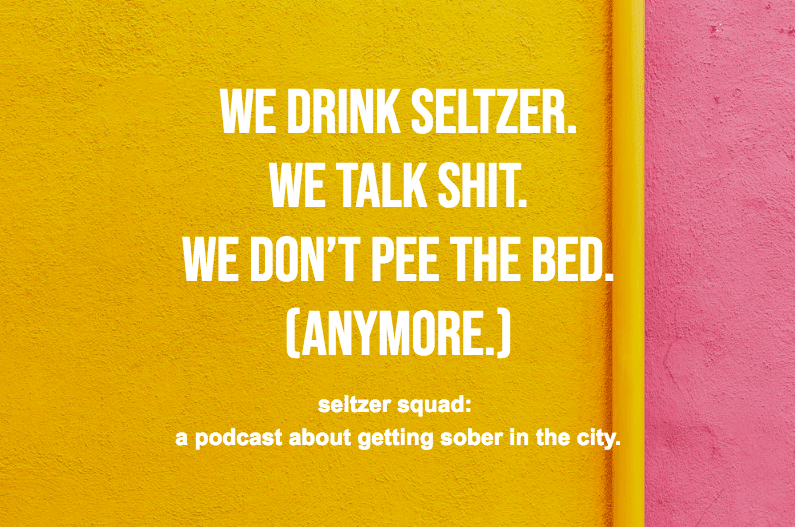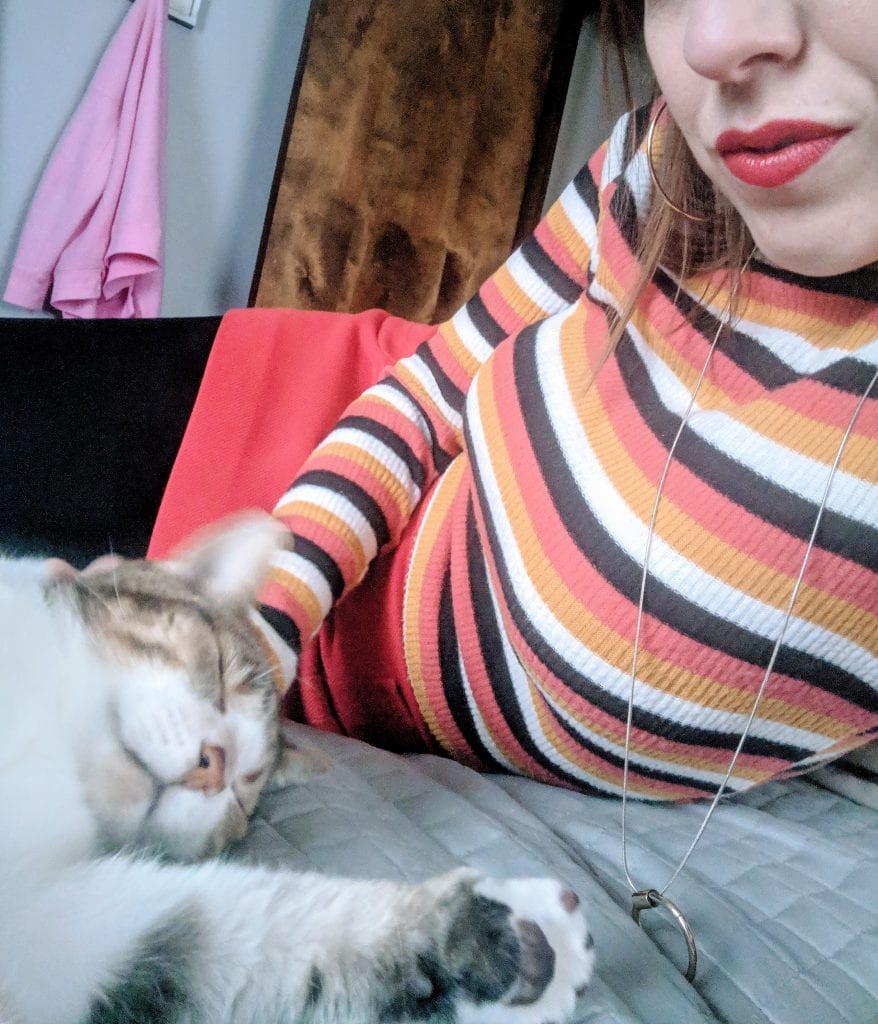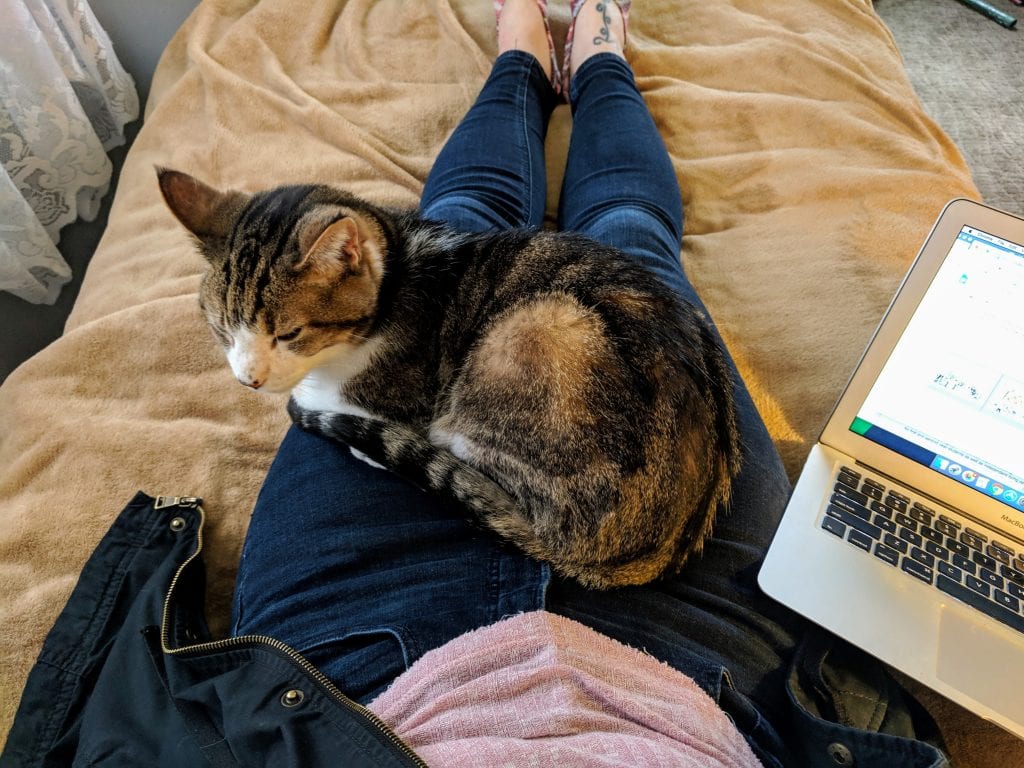In the latest episode of Zero Proof Book Club, Shelley and I discuss Caroline Knapp’s memoir “Drinking: A Love Story.” We gush about Knapp and her writing and talk about our sometimes complicated relationships with our own families, friends, and more.
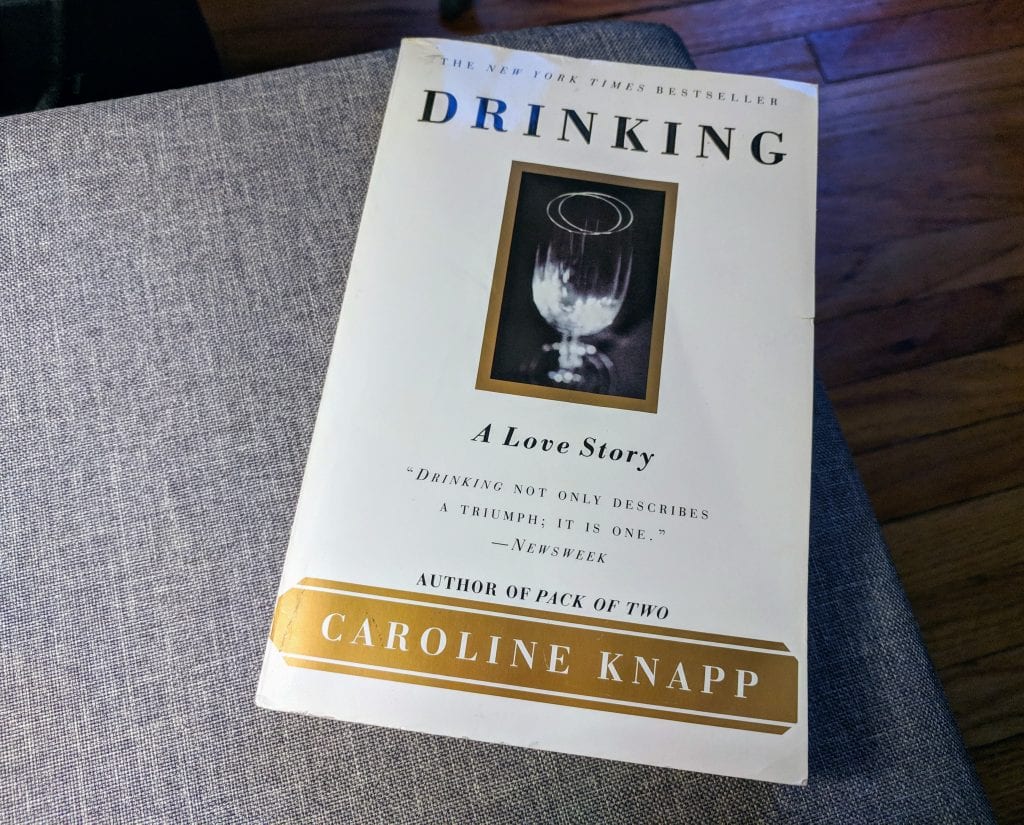
Listen to the new episode here, at ZeroProofBookClub.com, and follow us on Instagram at @zeroproofbookclub.
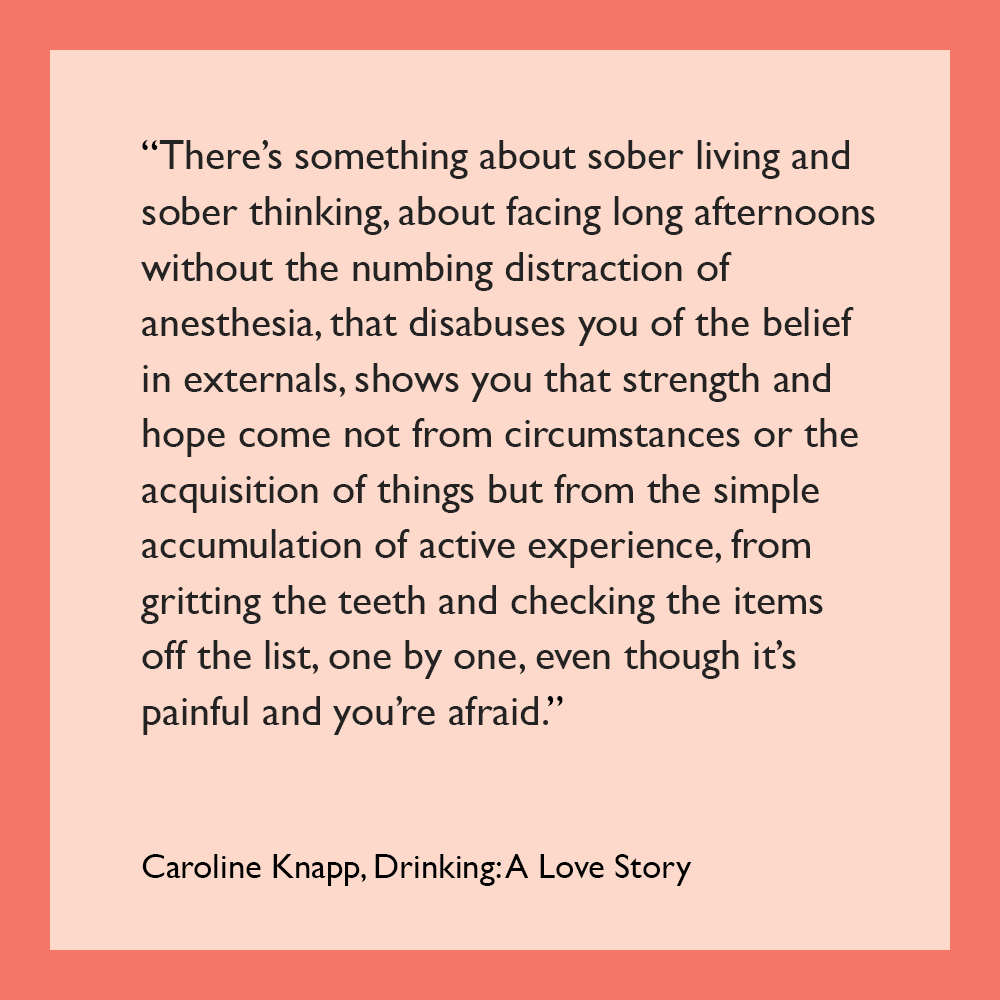
Pairs well with…
- Bubbly strawberry lemonade
To pair with this week’s podcast episode, we’re drinking strawberry lemonade (we love Simply Lemonade with Strawberry) mixed with ginger ale. Super simple. Simply refreshing. Just in time for spring! 🍓❤️

About Drinking: A Love Story
What to expect: An extraordinarily candid memoir published in 1997 that changed the quit lit genre for good.
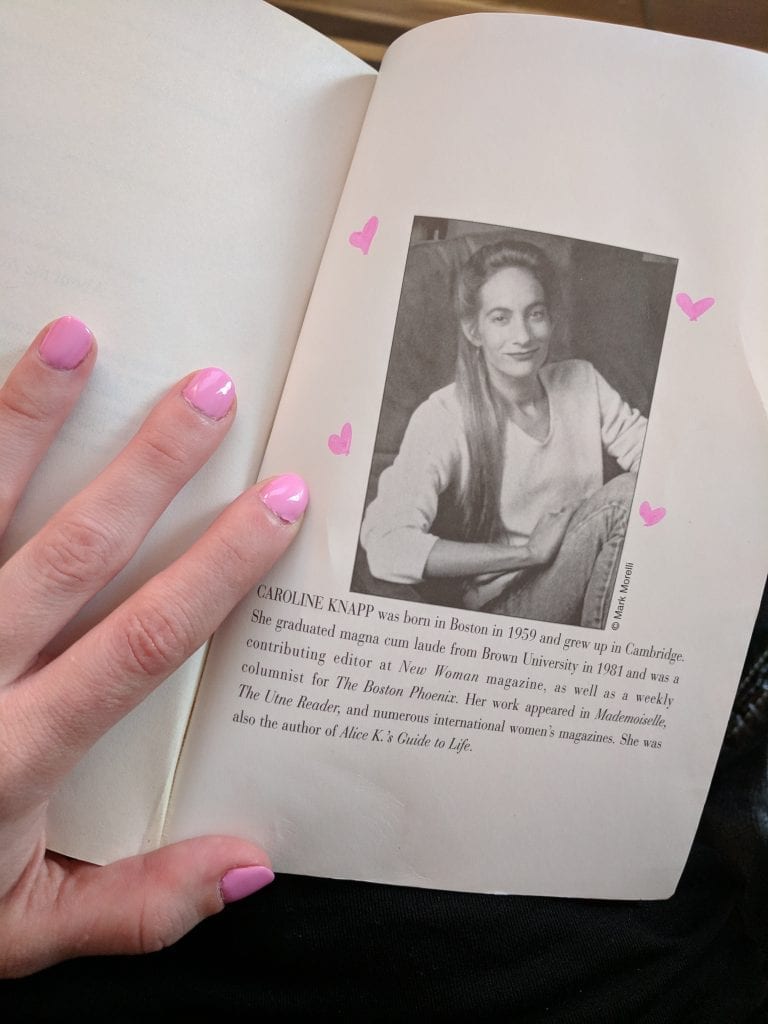
From the book jacket:
“Fifteen million Americans a year are plagued with alcoholism. Five million of them are women. Many of them, like Caroline Knapp, started in their early teens and began to use alcohol as ‘liquid armor,’ a way to protect themselves against the difficult realities of life. In this extraordinarily candid and revealing memoir, Knapp offers important insights not only about alcoholism, but about life itself and how we learn to cope with it.
It was love at first sight. The beads of moisture on a chilled bottle. The way the glasses clinked and the conversation flowed. Then it became obsession. The way she hid her bottles behind her lover’s refrigerator. The way she slipped from the dinner table to the bathroom, from work to the bar. And then, like so many love stories, it fell apart. Drinking is Caroline Kapp’s harrowing chronicle of her twenty-year love affair with alcohol.
Caroline had her first drink at 14. She drank through her years at an Ivy League college, and through an award-winning career as an editor and columnist. Publicly she was a dutiful daughter, a sophisticated professional. Privately she was drinking herself into oblivion. This startlingly honest memoir lays bare the secrecy, family myths, and destructive relationships that go hand in hand with drinking. And it is, above all, a love story for our times—full of passion and heartbreak, betrayal and desire—a triumph over the pain and deception that mark an alcoholic life.”
— Drinking: A Love Story
